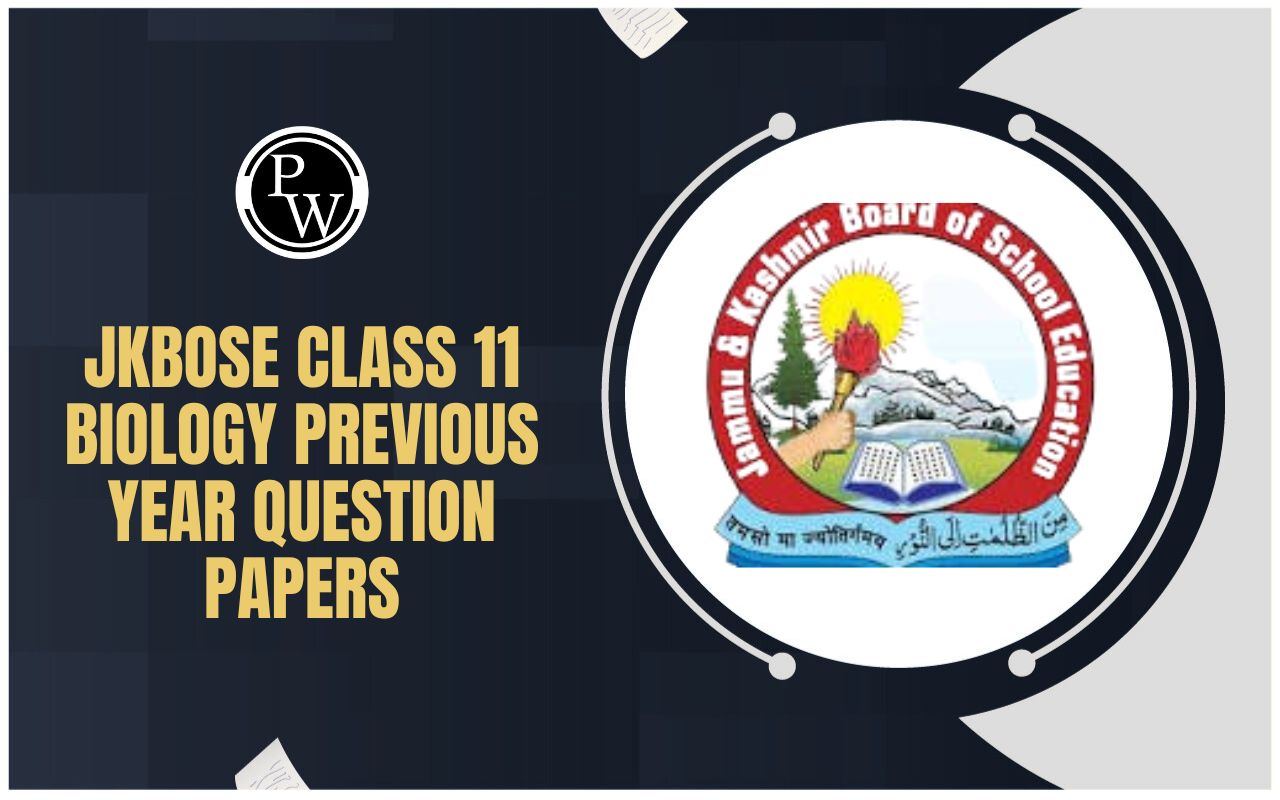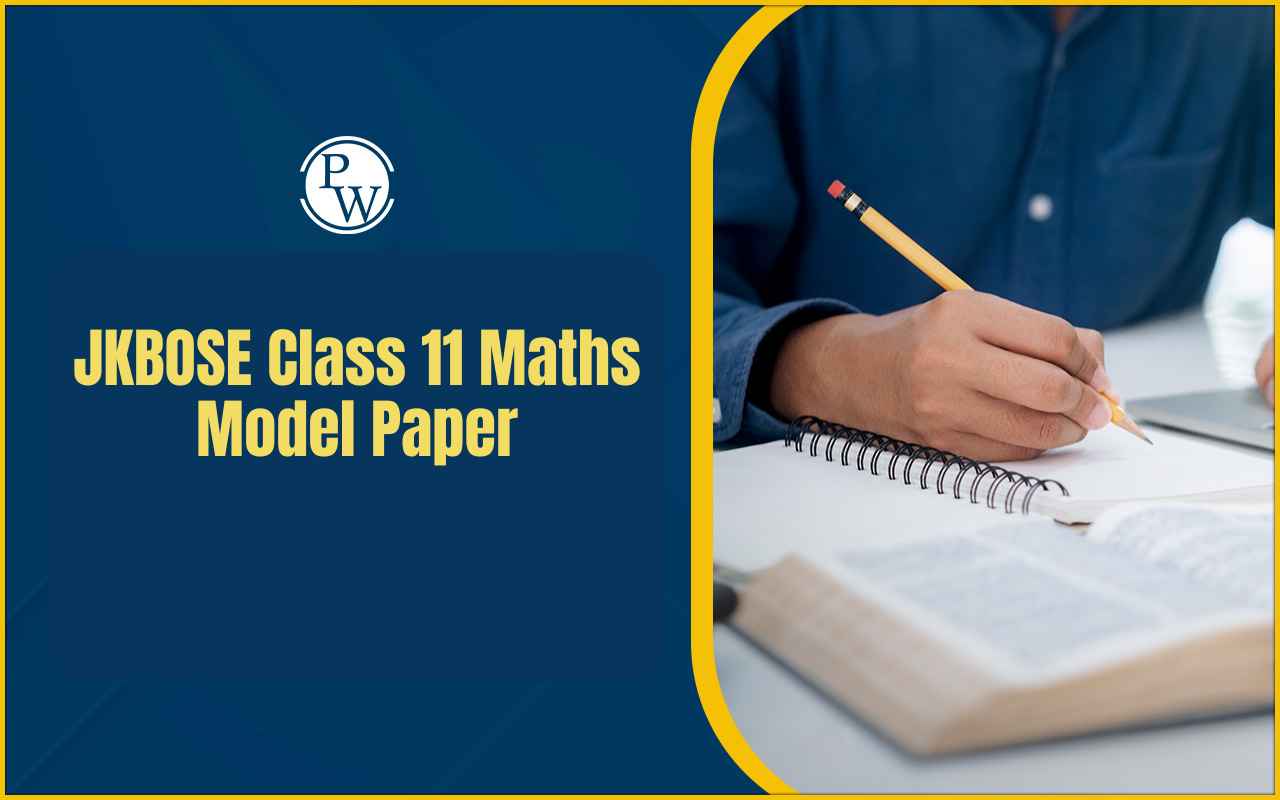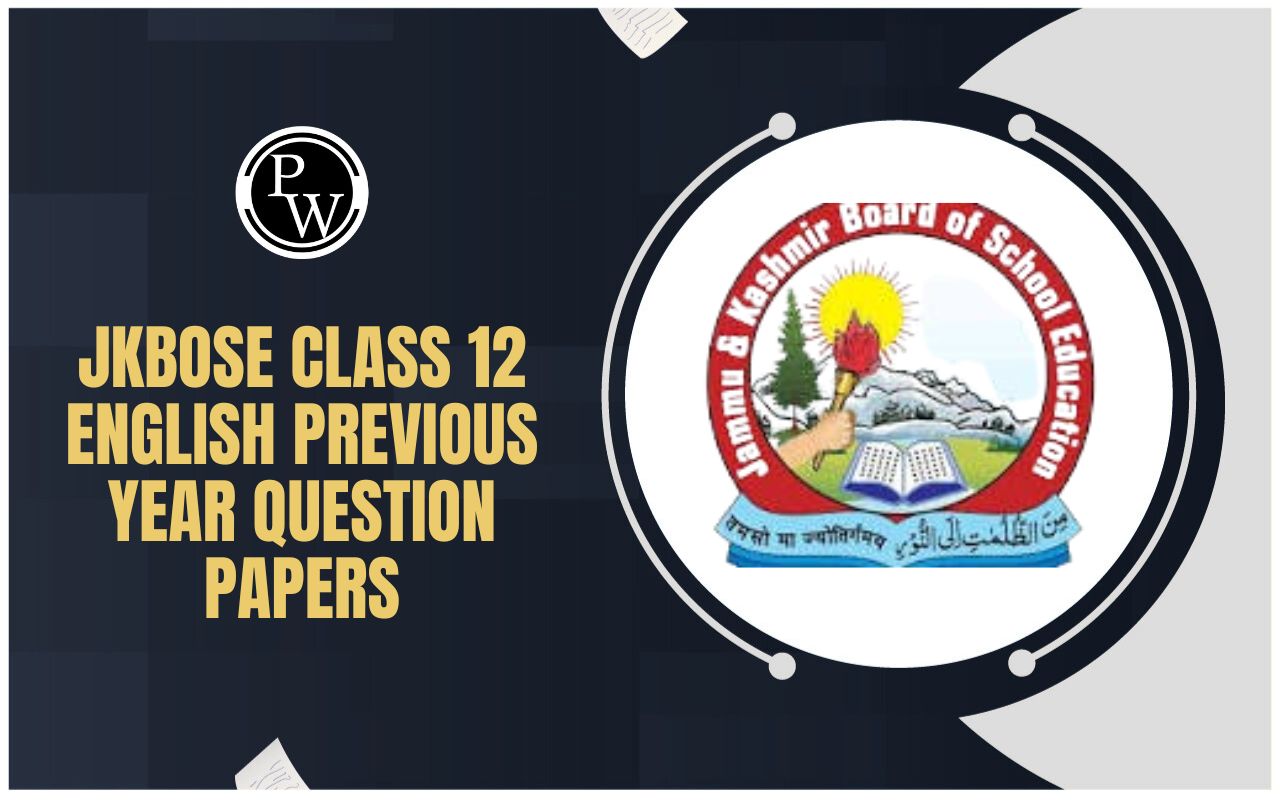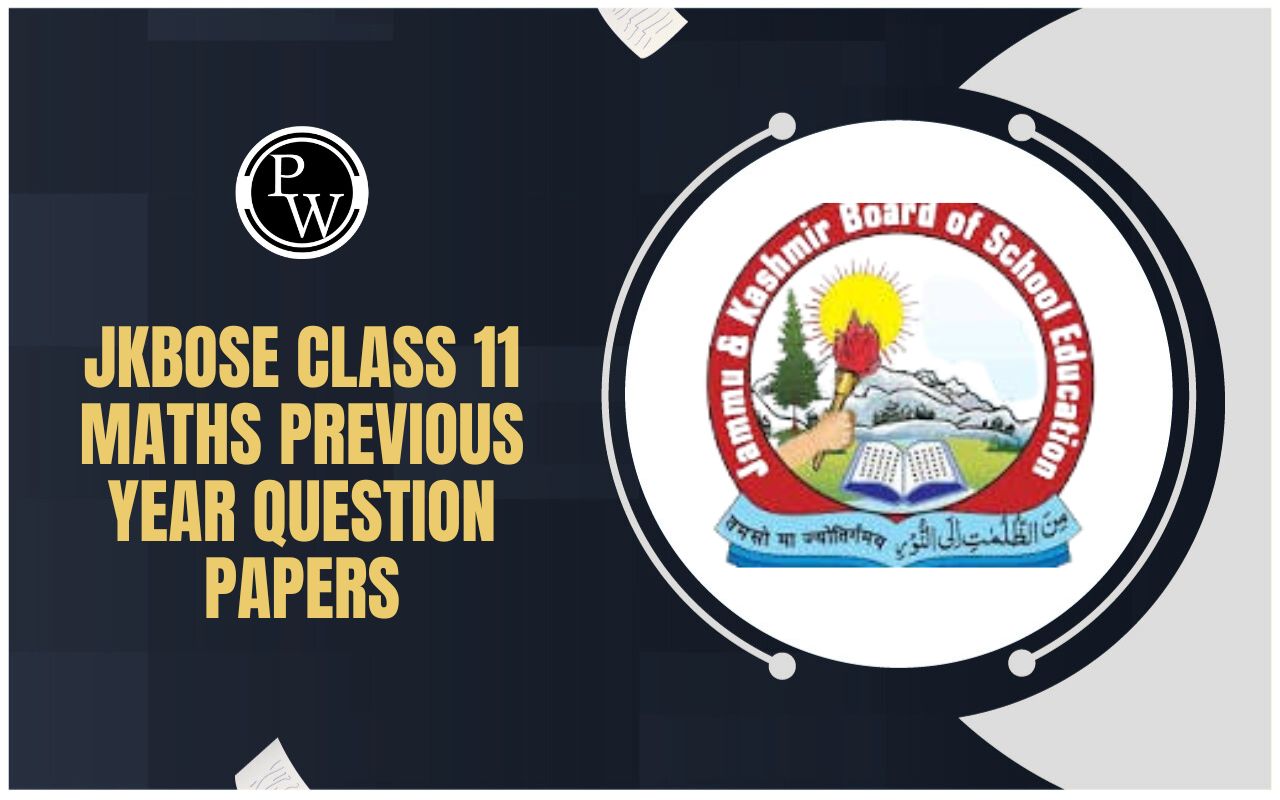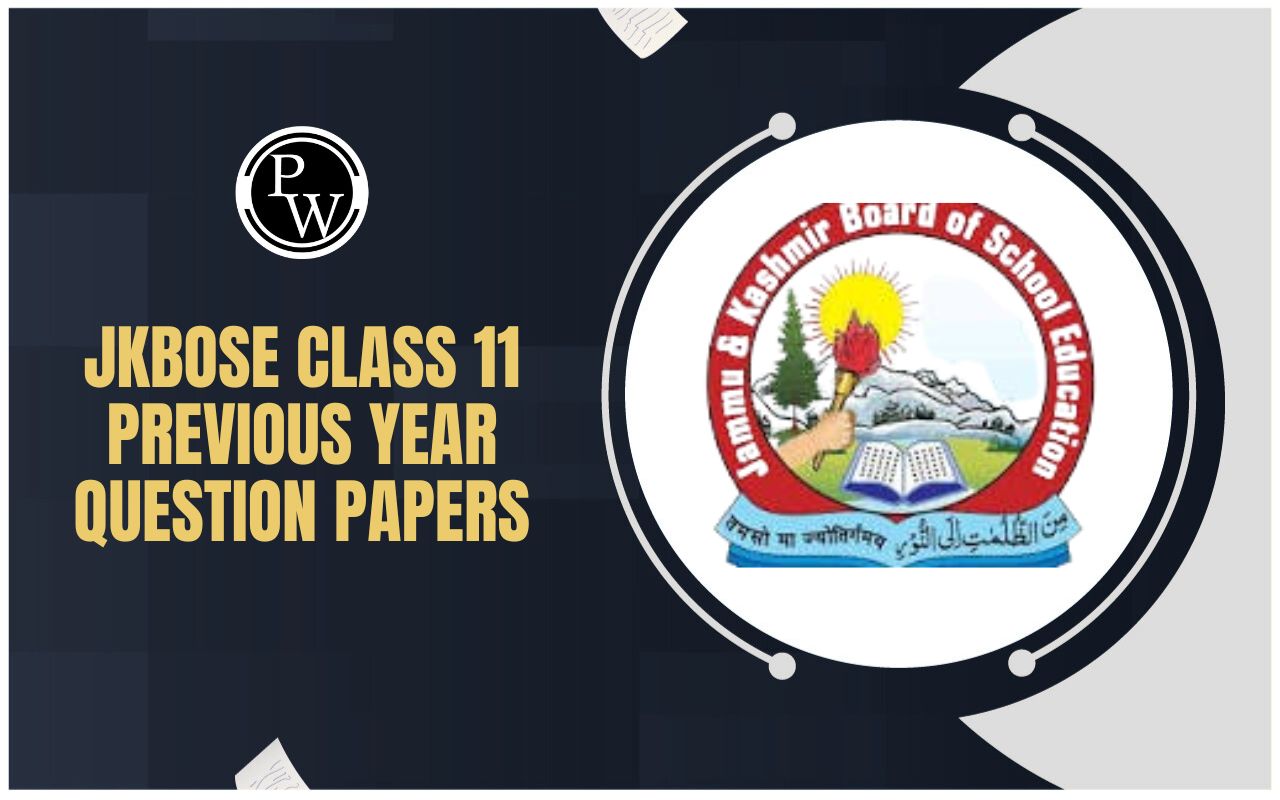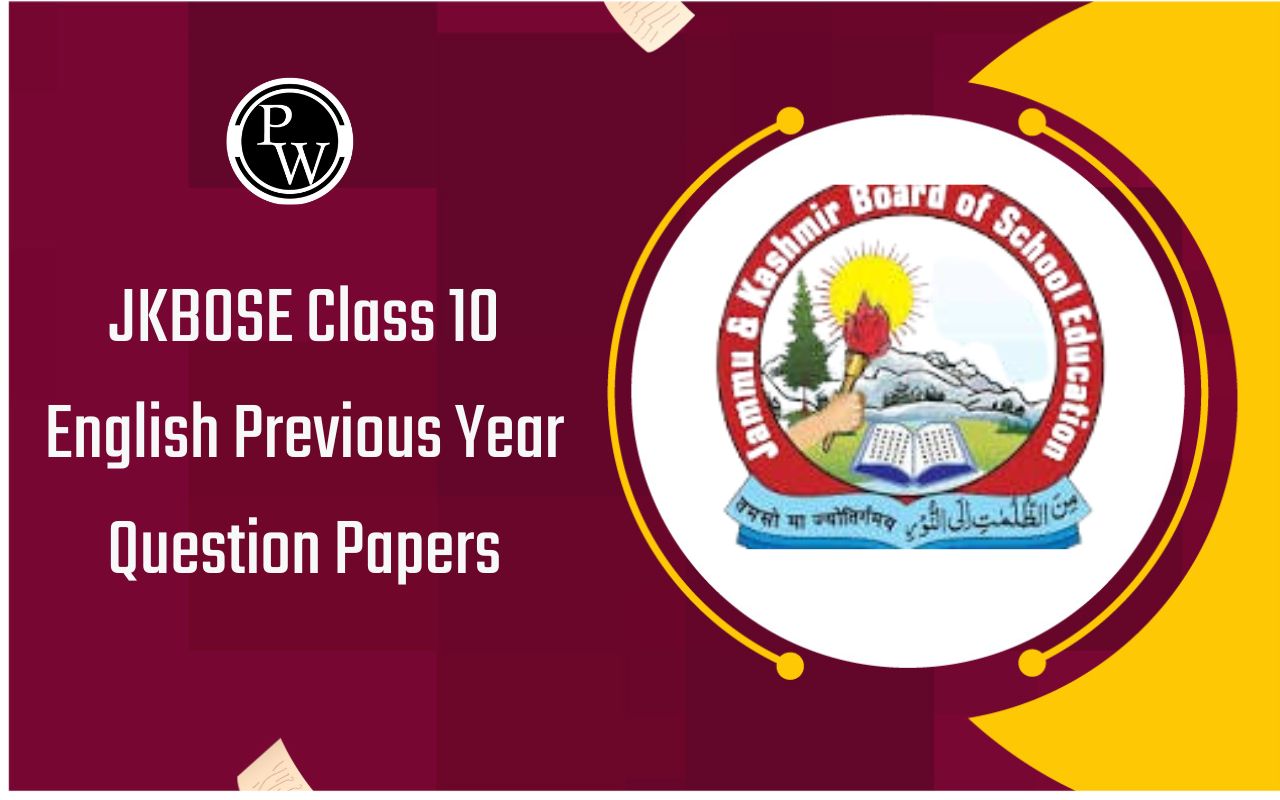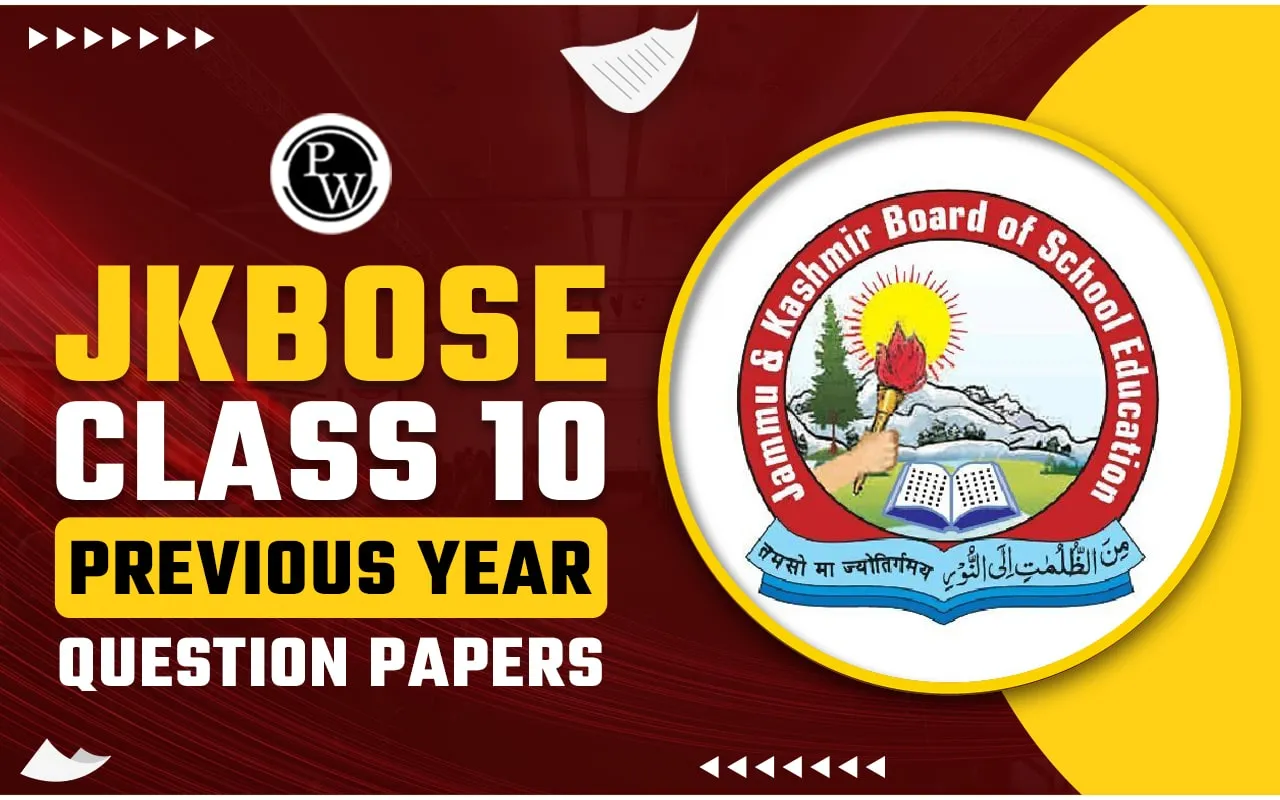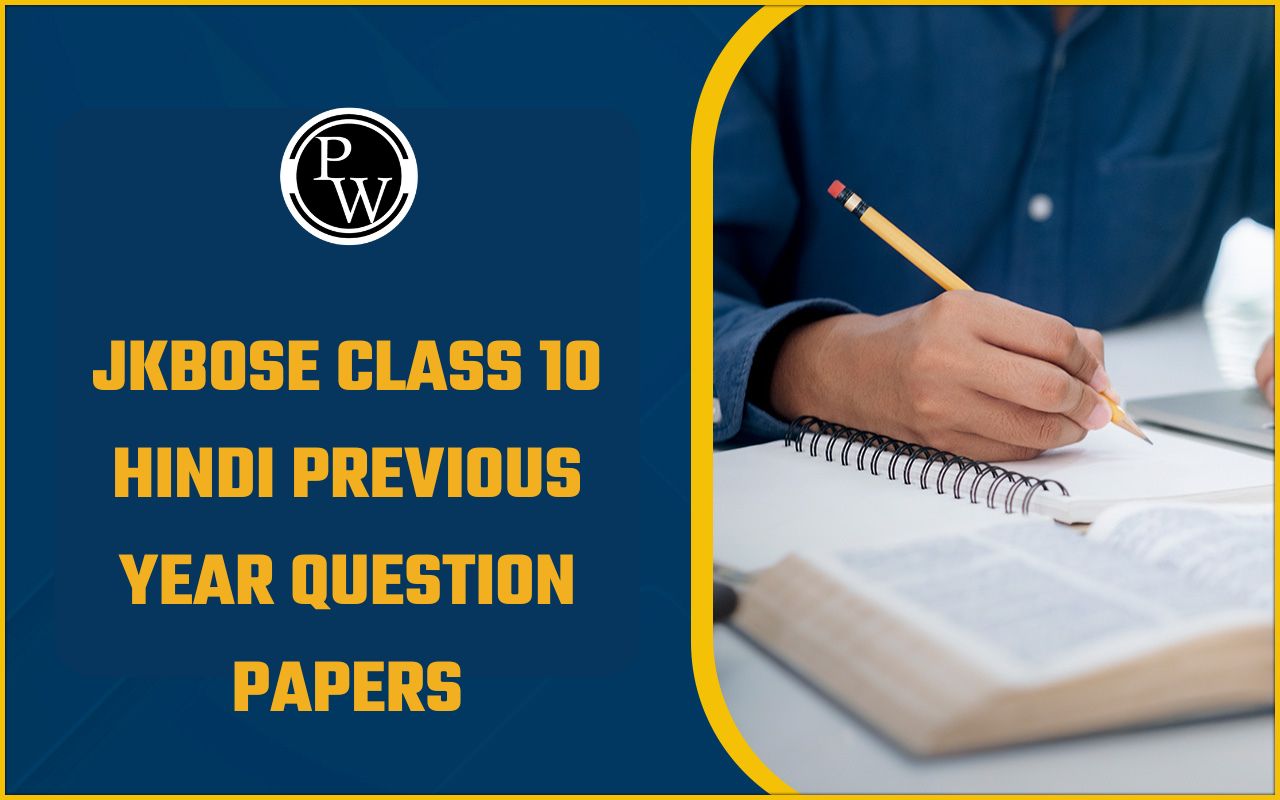
JKBOSE Class 11th History Syllabus: The JKBOSE Class 11th History syllabus includes key themes such as early societies, empires, cultural developments, and modern history. The syllabus is designed to build historical thinking, analytical skills, and awareness of historical processes.
The exam pattern typically includes both objective and descriptive questions, testing conceptual understanding and factual knowledge. Students are advised to study the textbook thoroughly and practice writing clear, structured answers. Referring to previous year papers is crucial for understanding the question trends and marking scheme. The syllabus also emphasizes project work, map skills, and critical engagement with historical sources to enhance overall learning.
JKBOSE Class 11th History Syllabus Overview
Below, we have provided a basic overview of the JKBOSE Class 11th History Syllabus -
The syllabus is structured around the NCERT textbook "Themes in World History", encompassing the following units:
-
Early Societies
-
Focus on the emergence of human societies and the development of agriculture.
-
Empires
-
Study of major empires and their administrative structures.
-
Changing Traditions
-
Examination of cultural and intellectual developments in Europe.
-
Paths to Modernization
-
Analysis of industrialization, colonialism, and the modern world.
Each unit is designed to provide insights into different historical periods and processes, encouraging students to engage with historical sources and interpretations.
Detailed JKBOSE Class 11th History Syllabus
Below, we have provided the detailed JKBOSE Class 11th History syllabus. This syllabus covers important historical themes across early societies, empires, cultural changes, and modernization paths. It also includes the latest exam pattern, project work guidelines, and marking scheme to help students prepare effectively for their exams with clarity and confidence.
Section A: Early Societies (10 Marks)
-
Early Cities (Focus: Iraq, 3rd Millennium B.C)
-
Growth of towns
-
Nature of early urban societies
-
Historians' debate on uses of writing
Section B: Empires (20 Marks)
-
An Empire Across Three Continents (Focus: Roman Empire, 27 B.C – AD 600)
-
Political evolution
-
Economic expansion
-
Religion
-
Late Antiquity
-
Debate on slavery
-
Nomadic Empires (Focus: Mongol Empire, 13th–14th Century)
-
Nature of nomadism
-
Formation of empires
-
Conquests and foreign relations
-
Societies and state formation
Section C: Changing Traditions (20 Marks)
-
The Three Orders (Focus: Western Europe, 13th–16th Century)
-
Feudal society and economy
-
Formation of states
-
Church and society
-
Decline of feudalism
-
Changing Cultural Traditions (Focus: Europe, 14th–17th Century)
-
New ideas in literature and arts
-
Relationship with earlier ideas
-
Contribution of West Asia
Section D: Paths to Modernization (25 Marks)
-
Displacing Indigenous People (Focus: North America & Australia, 18th–20th Century)
-
European colonists and settler societies
-
Displacement of local people
-
Impact of European settlement
-
Paths to Modernization (Focus: East Asia, late 19th–20th Century)
-
Japan: Militarization and economic growth
-
China: Communist alternative
-
Debate on modernization
Map Work – 5 Marks
Related to places/cities mentioned in chapters.
Project Work (20 Marks)
Suggested Topics:
-
Archaeological Sites in J&K
-
Historical Monuments in J&K
-
Arts and Crafts of J&K
-
Dogra Dynasty (Gulab Singh to Hari Singh)
-
Culture and Heritage of J&K
Evaluation Scheme:
-
Project Synopsis – 2 Marks
-
Data/Maps – 3 Marks
-
Presentation – 5 Marks
-
Analysis/Interpretation – 5 Marks
-
Bibliography – 1 Mark
-
Viva – 4 Marks
JKBOSE Class 11th History Exam Pattern
Check below for the complete JKBOSE Class 11th History exam pattern. The theory paper carries 80 marks, and the project work is worth 20 marks. The question paper is divided into multiple sections, including objective, short, and long answer questions, along with map work and passage-based questions, ensuring a balanced evaluation of knowledge and skills.
|
JKBOSE Class 11th History Exam Pattern |
||
|
Section |
Type |
Marks |
|
A |
10 MCQs |
10 marks |
|
B |
6 Very Short Answers (20–30 words) |
12 marks |
|
C |
6 Short Answers (100–150 words) |
24 marks |
|
D |
3 Long Answers (150–200 words) |
24 marks |
|
E |
Passage-based (1+2+2 marks) |
5 marks |
|
F |
Map Work |
5 marks |
JKBOSE Class 11 History Syllabus PDF Download
Below, we have provided the downloadable PDF of the JKBOSE Class 11 History syllabus. This PDF contains the complete and latest syllabus, including detailed topics, exam pattern, and project work guidelines.
It is an essential resource for students preparing for their History exams under the JKBOSE. Downloading and referring to this official syllabus PDF will help you plan your studies effectively and ensure you cover all important areas for a successful exam preparation.
JKBOSE Class 11th History Syllabus
Study without using the internet
Steps To Prepare for JKBOSE Class 11 History Exam
Below, we have provided some preparation tips -
Understand the Syllabus Thoroughly: Begin by carefully reviewing the entire JKBOSE History syllabus. Know the weightage of each topic and prioritize accordingly.
Use the Prescribed Textbook: Stick to the NCERT textbook “Themes in World History” as it covers all essential topics clearly and is aligned with the JKBOSE syllabus.
Make a Study Schedule: Divide your preparation time wisely between theory, map practice, and project work. Allocate more time to challenging topics.
Focus on Conceptual Clarity: Instead of rote memorization, focus on understanding historical events, causes, and effects to answer application-based questions.
Practice Previous Year Papers and Sample Questions: olve past JKBOSE question papers and sample papers to get familiar with the exam pattern and frequently asked questions.
Improve Writing Skills: Practice writing short and long answers within the word limit to enhance speed and clarity during the exam.
Use Maps Regularly: Map questions carry marks — practice locating places and regions mentioned in the syllabus to score well in map work.
JKBOSE Class 11th History Syllabus FAQs
Does the JKBOSE Class 11 History syllabus cover ancient Indian history?
Is there a practical component in the JKBOSE Class 11 History syllabus?
Are maps included in the JKBOSE Class 11 History syllabus?
Does the syllabus cover medieval Indian history?


